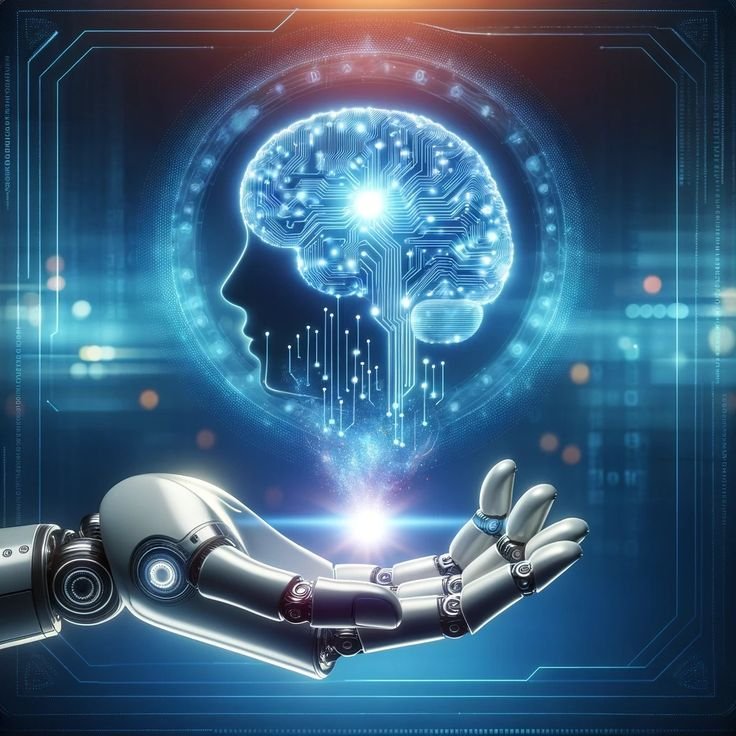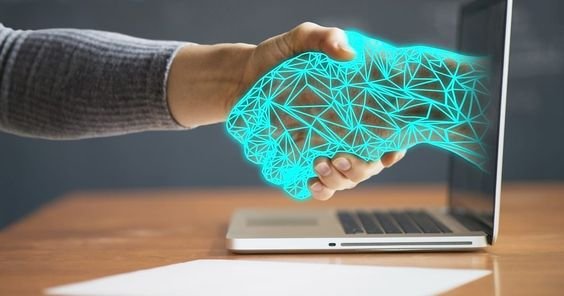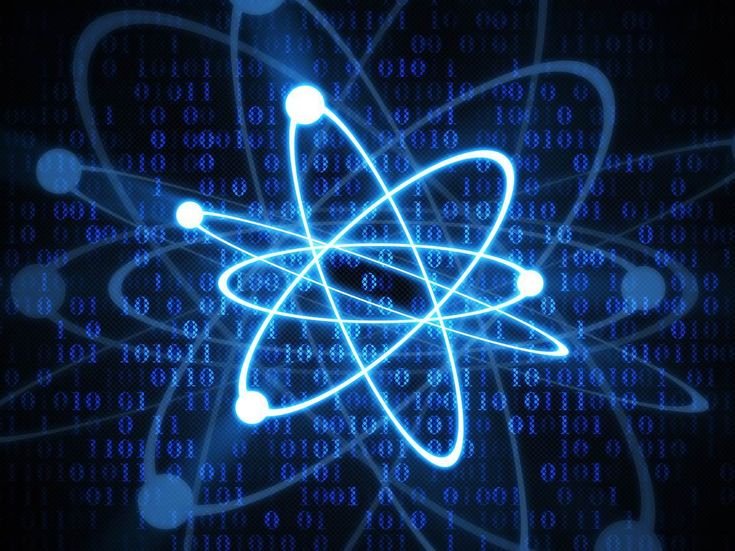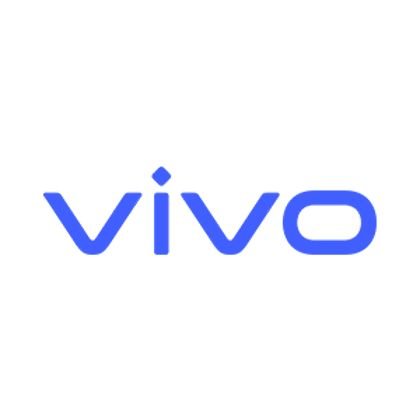
K-pop, short for Korean pop music, has become a global phenomenon over the past decade, captivating audiences worldwide with its catchy tunes, intricate choreography, and visually stunning music videos. Behind the scenes, K-pop agencies are leveraging cutting-edge technologies, particularly artificial intelligence (AI), to enhance various aspects of their operations.
From music production and choreography to fan engagement and marketing strategies, AI is revolutionizing the K-pop industry in unprecedented ways. This article explores how K-pop agencies are utilizing AI to stay ahead in the highly competitive entertainment market.
AI in Music Production
One of the most significant ways AI is transforming the K-pop industry is through music production. AI algorithms can analyze vast amounts of musical data to identify patterns and trends, helping producers create songs that resonate with audiences. This technology can suggest chord progressions, melodies, and even lyrics based on the analysis of successful hits.
1. Songwriting and Composition:
K-pop agencies are employing AI-powered software to assist songwriters and composers. For instance, AI tools can generate melodies and harmonies that fit a specific mood or genre. This not only speeds up the creative process but also introduces innovative musical ideas that might not have been considered otherwise. Some AI programs can analyze current musical trends and predict what types of songs are likely to become popular, giving producers a competitive edge.
2. Lyric Generation:
AI can also aid in lyric writing by generating lines that fit the song’s theme and style. By analyzing the lyrics of successful K-pop songs, AI systems can identify common themes, word choices, and structures, helping lyricists craft compelling and relatable lyrics. This technology ensures that the songs maintain the emotional depth and cultural relevance that K-pop fans expect.
AI in Choreography and Performance
Choreography is a crucial element of K-pop, known for its complex and synchronized dance routines. AI is playing a pivotal role in creating and refining these performances.
1. Motion Capture and Analysis:
AI-powered motion capture technology allows choreographers to create intricate dance routines more efficiently. By analyzing the movements of professional dancers, AI can suggest improvements and generate new choreography that matches the song’s rhythm and mood. This technology ensures that each performance is unique and visually captivating.
2. Virtual Training:
AI-driven virtual training programs help K-pop idols perfect their dance moves. These programs use machine learning to analyze the movements of trainees and provide real-time feedback on their performance. This allows idols to refine their techniques and achieve the level of precision required for live performances.
AI in Visual and Aesthetic Enhancements
Visuals play a significant role in K-pop, with music videos and stage performances often being highly stylized and meticulously produced. AI is enhancing these visual elements in several ways.
1. Video Editing and Special Effects:
AI-powered video editing tools are revolutionizing the way K-pop music videos are produced. These tools can automate various aspects of the editing process, such as color correction, scene transitions, and special effects. By analyzing the visual style of successful videos, AI can help directors create visually stunning content that captures the essence of the song.
2. Virtual Idols:
Some K-pop agencies are experimenting with AI-generated virtual idols. These digital characters, created using AI and CGI, can perform songs, interact with fans, and even participate in live events. Virtual idols offer several advantages, including the ability to perform 24/7 without the limitations of human performers. They also provide a unique way to engage with fans and explore new creative possibilities.
AI in Fan Engagement and Marketing
Fan engagement is critical to the success of K-pop artists, and AI is helping agencies connect with fans in more personalized and meaningful ways.
1. Personalized Recommendations:
AI algorithms analyze fans’ listening habits and preferences to provide personalized music recommendations. By understanding what types of songs and artists fans enjoy, agencies can tailor their marketing strategies to target specific demographics more effectively. This not only enhances the fan experience but also increases the chances of new releases becoming hits.
2. Social Media Interaction:
AI-powered chatbots and virtual assistants are being used to interact with fans on social media platforms. These AI tools can answer questions, provide updates, and even simulate conversations with idols. By maintaining constant engagement with fans, agencies can build stronger relationships and foster a loyal fan base.
3. Predictive Analytics:
AI-driven predictive analytics tools help agencies anticipate trends and plan marketing campaigns accordingly. By analyzing data from social media, streaming platforms, and fan communities, AI can identify emerging trends and predict which songs, concepts, or merchandise are likely to resonate with fans. This allows agencies to stay ahead of the curve and capitalize on new opportunities.
AI in Talent Management and Development
Talent management is a crucial aspect of the K-pop industry, and AI is helping agencies discover and develop new artists more efficiently.
1. Audition Analysis:
AI tools are being used to analyze audition tapes and identify promising talent. By evaluating factors such as vocal range, dance skills, and stage presence, AI can help talent scouts make more informed decisions. This technology ensures that only the most promising candidates are selected for further training.
2. Training Programs:
AI-driven training programs provide personalized coaching to trainees. By analyzing their strengths and weaknesses, these programs can tailor training sessions to address specific areas of improvement. This allows trainees to develop their skills more quickly and efficiently, increasing their chances of success in the industry.
Ethical Considerations and Challenges
While AI offers numerous benefits to the K-pop industry, it also raises several ethical considerations and challenges that need to be addressed.
1. Authenticity and Creativity:
One of the primary concerns is the potential impact of AI on the authenticity and creativity of music and performances. Critics argue that relying too heavily on AI-generated content may result in a loss of the human touch that makes K-pop unique. It’s essential for agencies to strike a balance between leveraging AI for efficiency and maintaining the artistic integrity of their work.
2. Data Privacy:
The use of AI involves the collection and analysis of vast amounts of data, raising concerns about privacy and data security. Agencies must ensure that they handle fans’ personal information responsibly and comply with data protection regulations to maintain trust and credibility.
3. Job Displacement:
As AI continues to automate various aspects of the K-pop industry, there is a risk of job displacement for certain roles. For instance, AI-driven video editing and choreography tools may reduce the demand for human editors and choreographers. It’s crucial for the industry to consider the social implications of AI adoption and explore ways to mitigate its impact on employment.
The Future of AI in K-pop
The integration of AI in the K-pop industry is still in its early stages, but its potential is immense. As technology continues to advance, we can expect to see even more innovative applications of AI that enhance the creative process, improve fan engagement, and streamline operations. Here are a few potential future developments:
1. Real-Time Performance Enhancements:
Future AI technologies could enable real-time enhancements during live performances. For example, AI-driven lighting and special effects systems could adapt to the music and dance in real-time, creating a more immersive and dynamic experience for the audience.
2. Advanced Fan Interaction:
AI-powered virtual reality (VR) and augmented reality (AR) experiences could take fan interaction to new heights. Fans could attend virtual concerts, interact with AI-generated avatars of their favorite idols, and even participate in virtual meet-and-greet sessions.
3. Enhanced Creative Collaboration:
AI could facilitate more collaborative creative processes between artists and producers. By providing real-time feedback and suggestions, AI tools could help artists experiment with new ideas and push the boundaries of their creativity.
4. Global Expansion:
AI can also play a crucial role in helping K-pop agencies expand their reach to global audiences. By analyzing international market trends and preferences, AI can help agencies tailor their content and marketing strategies to resonate with fans worldwide.
Artificial intelligence is undeniably transforming the K-pop industry in numerous ways. From enhancing music production and choreography to revolutionizing fan engagement and talent management, AI is helping K-pop agencies stay competitive in an ever-evolving entertainment landscape. However, it’s essential for the industry to address the ethical considerations and challenges associated with AI adoption to ensure that the technology is used responsibly and sustainably. As AI continues to advance, the possibilities for its application in K-pop are limitless, promising an exciting future for artists and fans alike.
ALSO READ: Woozi’s Response to AI Claims in SEVENTEEN’S Music









